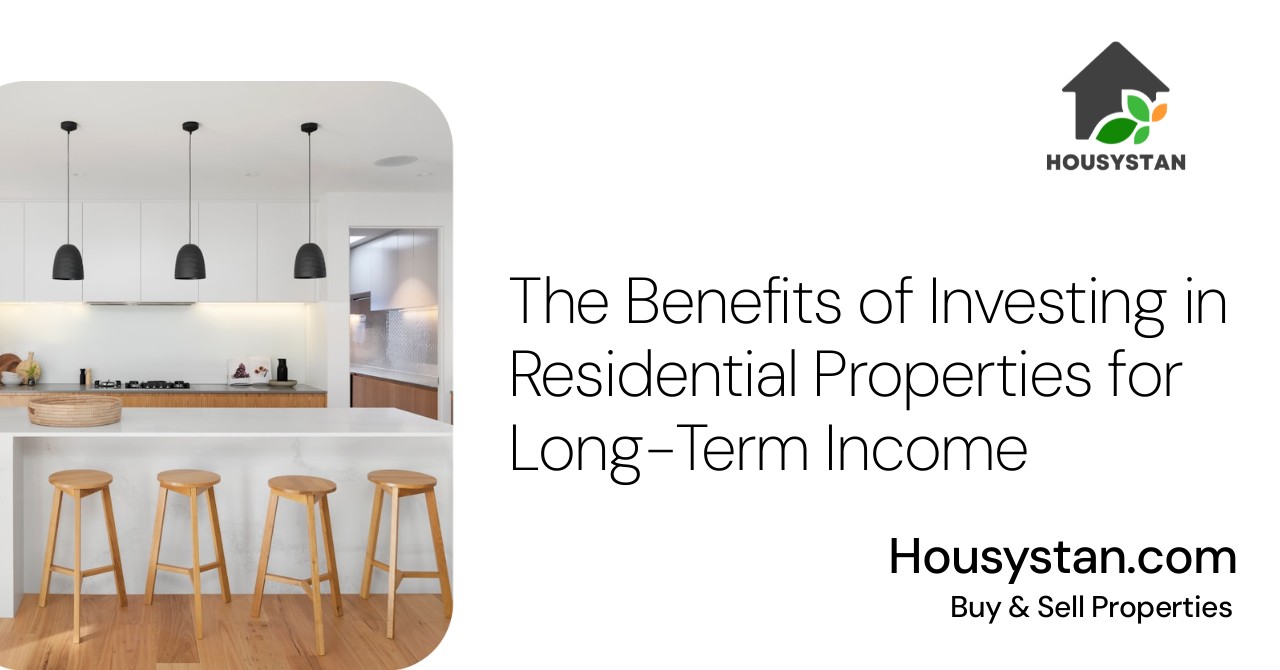The Benefits of Investing in Residential Properties for Long-Term Income
Read latest blogs and articles from Housystan

The Information mentioned here was last updated on:
29/1/2026Investing in residential properties offers a reliable strategy for generating long-term income, especially in thriving markets. Whether you’re considering apartments, single-family homes, or multi-unit complexes, real estate remains one of the most secure and rewarding asset classes. Homeowners and investors alike recognize the stability and potential for consistent cash flow that residential real estate provides. Choosing the right location, such as areas experiencing growth and infrastructure development, can significantly enhance your investment returns.
One of the primary advantages of residential property investment is the opportunity for steady rental income. By purchasing homes in sought-after neighborhoods or rapidly developing cities, landlords can attract reliable tenants seeking quality accommodation. Cities with strong job markets, reputable schools, and access to amenities see higher occupancy rates, ensuring a continuous stream of rental payments. Over time, this passive income can help support financial goals, cover mortgage payments, and provide a buffer against inflation.
Additionally, residential real estate tends to appreciate in value over the years, especially in regions witnessing population growth and economic expansion. Properties located in urban centers or popular suburbs often benefit from increased demand, driving up both property values and rental rates. This appreciation not only boosts the owner’s equity but also offers the flexibility to refinance, leverage, or sell for substantial profit in the future. For those focused on building wealth, real estate stands out as a tangible asset that grows alongside local economies.
- Verified Tenants/Buyers
- Unlimited Property Listing
- Zero subscription/charges fee
Another significant benefit is the tax advantages available to property owners. Investors can take advantage of deductions related to mortgage interest, property taxes, maintenance, and depreciation. These incentives reduce overall tax liability and improve the investment’s profitability. Furthermore, effective property management and strategic upgrades can enhance tenant satisfaction, minimize vacancies, and maximize rental yields in competitive markets.
For individuals seeking a dependable and scalable path to financial security, investing in residential properties remains a top choice. Whether you’re targeting dynamic regions or established neighborhoods, real estate offers long-term income, appreciation potential, and portfolio diversification. As housing demand continues to rise across various locations, now is an excellent time to explore the enduring benefits of residential property investment.